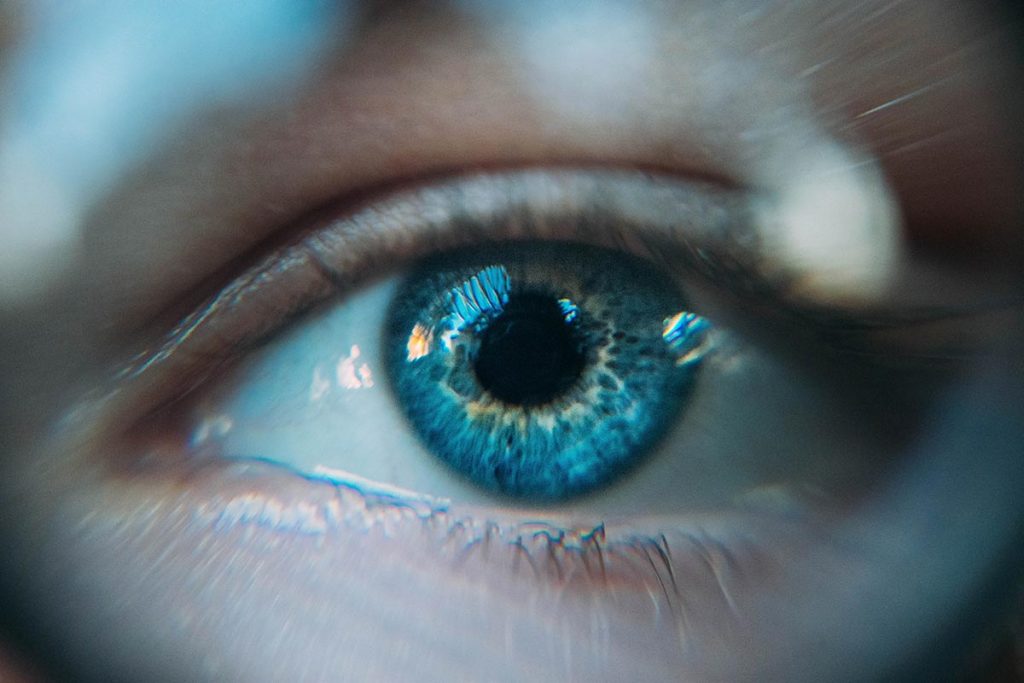Iridology is a gentle and non-invasive examination of the iris to gain an understanding of a person’s overall state of health.
The iris has a reflex connection to every organ and tissue of the body by way of the nervous system. Through the optic nerves, visual information is sent to the thalamus and hypothalamus of the brain where our daily activities are monitored. The brain then sends signals back to the eyes through the optic nerves about the state of the organs and tissues of the body. This information is recorded within the iris much like a computer database.
To an iridologist, specific areas of the iris correspond to certain organs and tissues while colours and textures suggest biochemical changes. The mapping of the iris as it relates to specific areas of the body has been drawn out by practitioners over the last 400 years. More recently, physicians have been able to study patients before and after operations and confirm signs within the iris, comparing them with tissues and organs by use of autopsy.
Iridology can assess:
- Inherited constitution
- Personality traits
- Muscle tension and stress within the body
- Nutrient deficiencies
- Lymphatic health
- Digestive health
- Toxic accumulation
- Weakness of organs within the body (imbalances, inflammation, chronic and/or degenerative states)
During your consultation:
As part of your consultation, both eyes will be photographed used a digital magnifying camera which will allow me to view your iris in greater detail. Taking a photo makes it more comfortable for you and easier to monitor progress.
You will receive a comprehensive report detailing your individual constitution, any iris signs present and a treatment plan moving forward which will contain dietary suggestions, lifestyle advice, nutritional and/or herbal supplementation required.
What iridology is not:
Iridology does not diagnose or name disease but can identify areas or organs which may be weaker, overactive, underactive or have poor circulation/waste removal.
It does not reveal:
- Pregnancy
- Gallstones
- Kidney stones
- Cancer
- Gender
- Pathogenic presence (bacteria, viruses, parasites)
Iridology aids in preventative health care by providing a non-invasive means of looking into the body, which may be utilised in conjunction with any other system of analysis or diagnosis.

